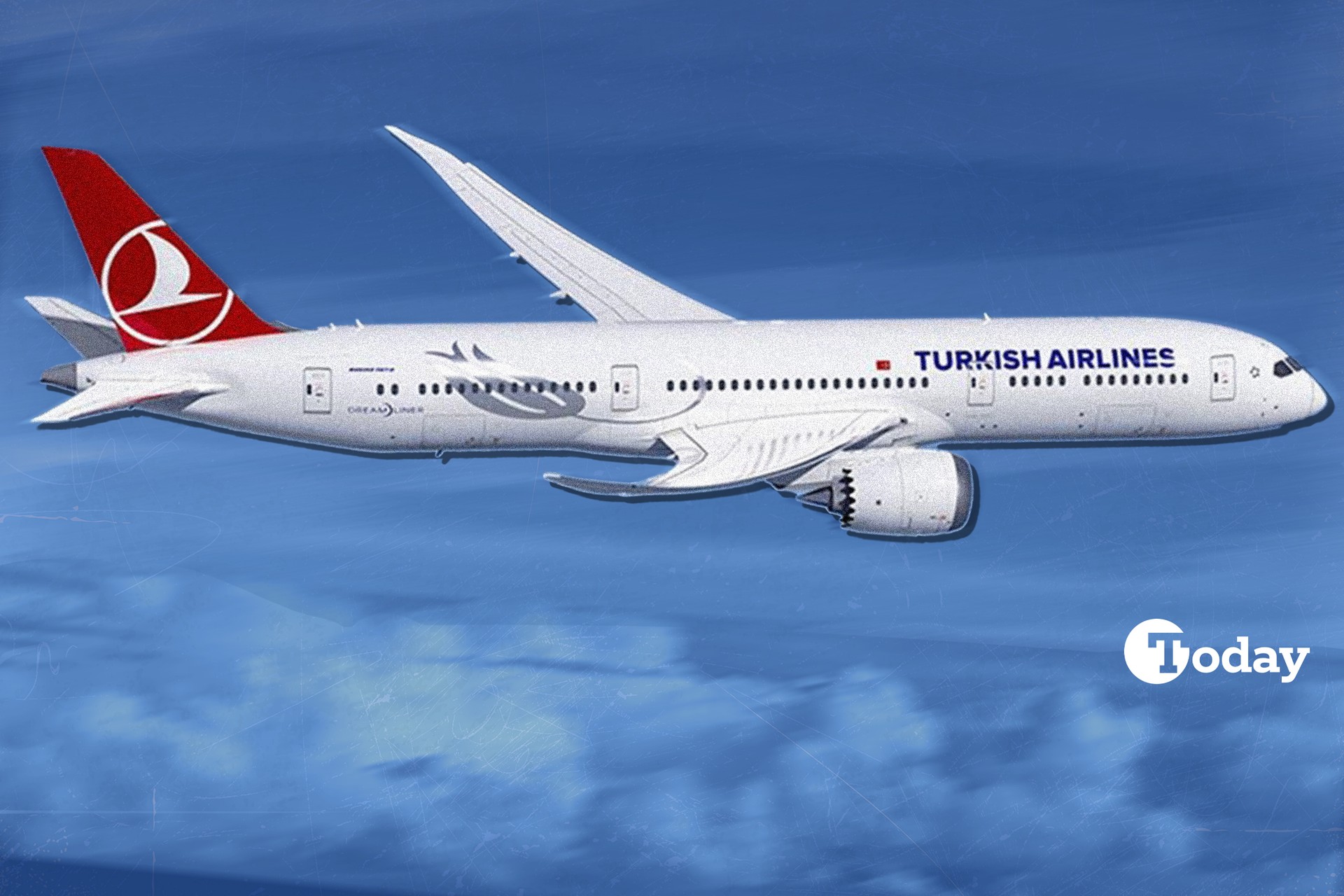
In a recent article, The New York Times (NYT) alleged that Turkish Airlines, one of the world's most celebrated carriers, has been dealing with bedbug infestations on its flights.
The piece detailed unsettling accounts only from three passengers who reported encountering these pests on multiple journeys, raising questions about how the airline handled the issue.
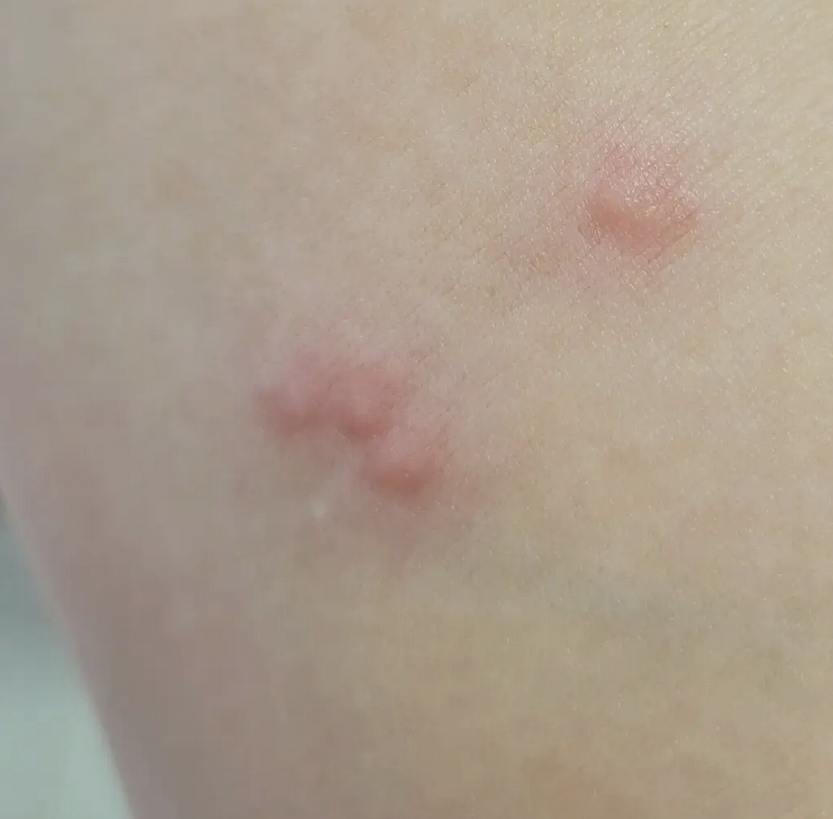
However, little evidence was shared in the NYT story, proving the accuracy of the claims. The only two photos featured in the article were a zoomed-in photo of a bedbug on colorful fabric and the irritated skin of a passenger.
In October 2024 alone, Turkish Airlines transported 7.1 million passengers, which raises whether three individual reports were enough for The New York Times to write an article that could have a defamatory effect.
It is journalistically problematic to prepare a news report for a big company based on 3 individual complaints. If this is accepted as a journalistic norm, no large corporation would avoid being targeted, as in the New York Times report on Turkish Airlines.
It is important to note that the reporter, Ryan Graggs, also did not contact Turkish Airlines for a statement, which raises questions about the NYT report.
In addition, these allegations seem to contrast Turkish Airlines' reputation as a global leader in aviation, consistently recognized for its service quality and innovation.
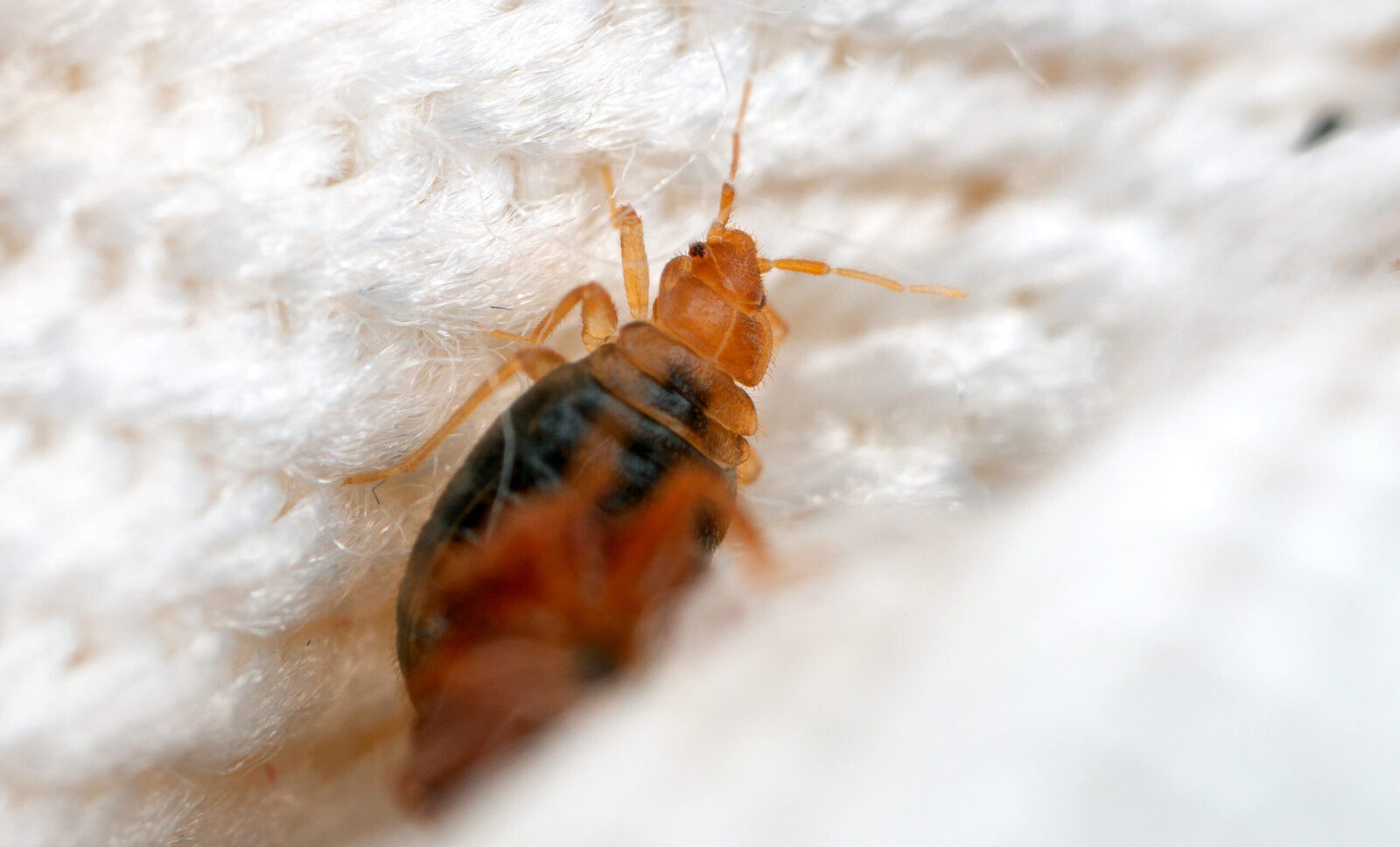
The New York Times article, published on Jan. 1, 2025, described three incidents involving bedbugs on Turkish Airlines flights.
Patience Titcombe, a passenger traveling from Johannesburg to Istanbul in March 2024, spotted a bedbug crawling on her seat shortly after boarding.
I had to strip down at the airport and change clothes because I have kids—what if I brought bedbugs home?
passenger Patience Titcombe said
After reporting the issue, the flight attendant removed the bug but dismissed her concerns.
Another passenger, Matthew Myers, encountered a more severe situation in October while flying from Istanbul to San Francisco. Myers said bedbugs were visible on seats and even fell from the ceiling.
Multiple passengers were asking to move seats after discovering bugs.
second passenger Matthew Myers claimed
Some, including one who moved to a flight attendant's jump seat, relocated to avoid the pests. Myers also noted that a flight attendant filed an official complaint during the flight.
Kristin Bourgeois, flying from Washington Dulles to Istanbul, found a bedbug on her blanket before departure and another on her pillow.
When I found another on the pillow, I realized it was a bedbug.
the third passenger, Kristin Bourgeois, recalled
She documented 13 bite marks after her flight. These accounts fueled public discussions about how airlines maintain pest-free cabins and handle such incidents.

Turkish Airlines addressed the allegations through an official statement from Yahya Ustun, the airline's SVP of Media Relations.
Ustun acknowledged that bedbugs occasionally appear in public spaces, including aircraft. "In such cases, affected aircraft are promptly subjected to all necessary inspections and treatments," he stated.
The airline emphasized its commitment to safety and comfort, explaining that all planes undergo regular cleaning and disinfection.
We maintain close communication with aircraft manufacturers to ensure the use of effective and safe disinsection procedures.
Yahya Ustun said
Despite these assurances, some passengers expressed dissatisfaction with how their complaints were managed.
Bourgeois reported that her flight history was briefly removed from the airline's app, while Myers received a 10% discount on a future flight, which he felt did not adequately address the inconvenience.
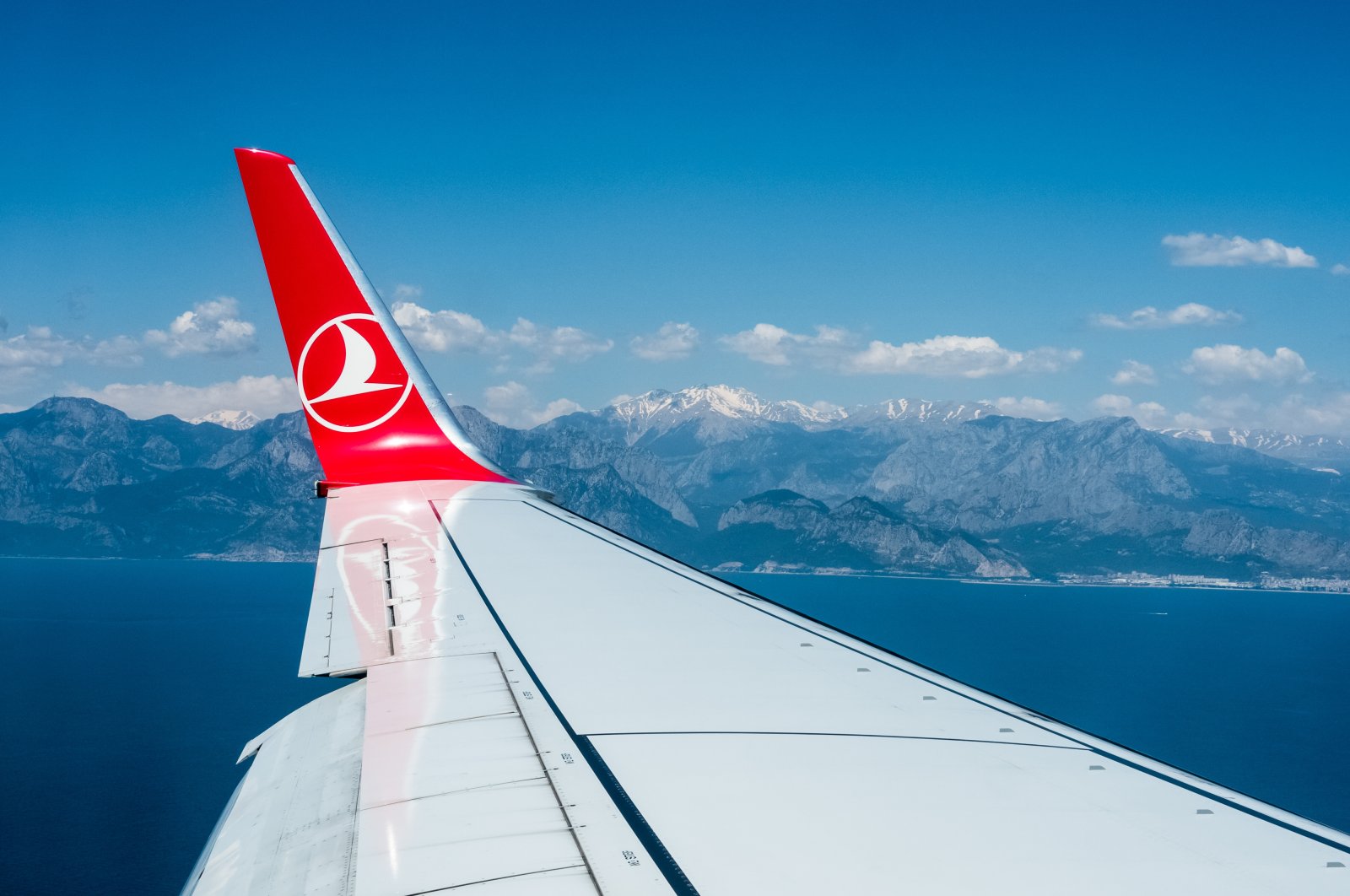
Turkish Airlines has consistently earned recognition for its service quality, which provides a contrast to these recent allegations. Some of the airline's notable achievements include:
This recognition is awarded to only a select few airlines worldwide, and the fact that Turkish Airlines was credited for its rigorous hygiene protocols during the COVID-19 pandemic reflects the airline's commitment to excellence on all fronts.
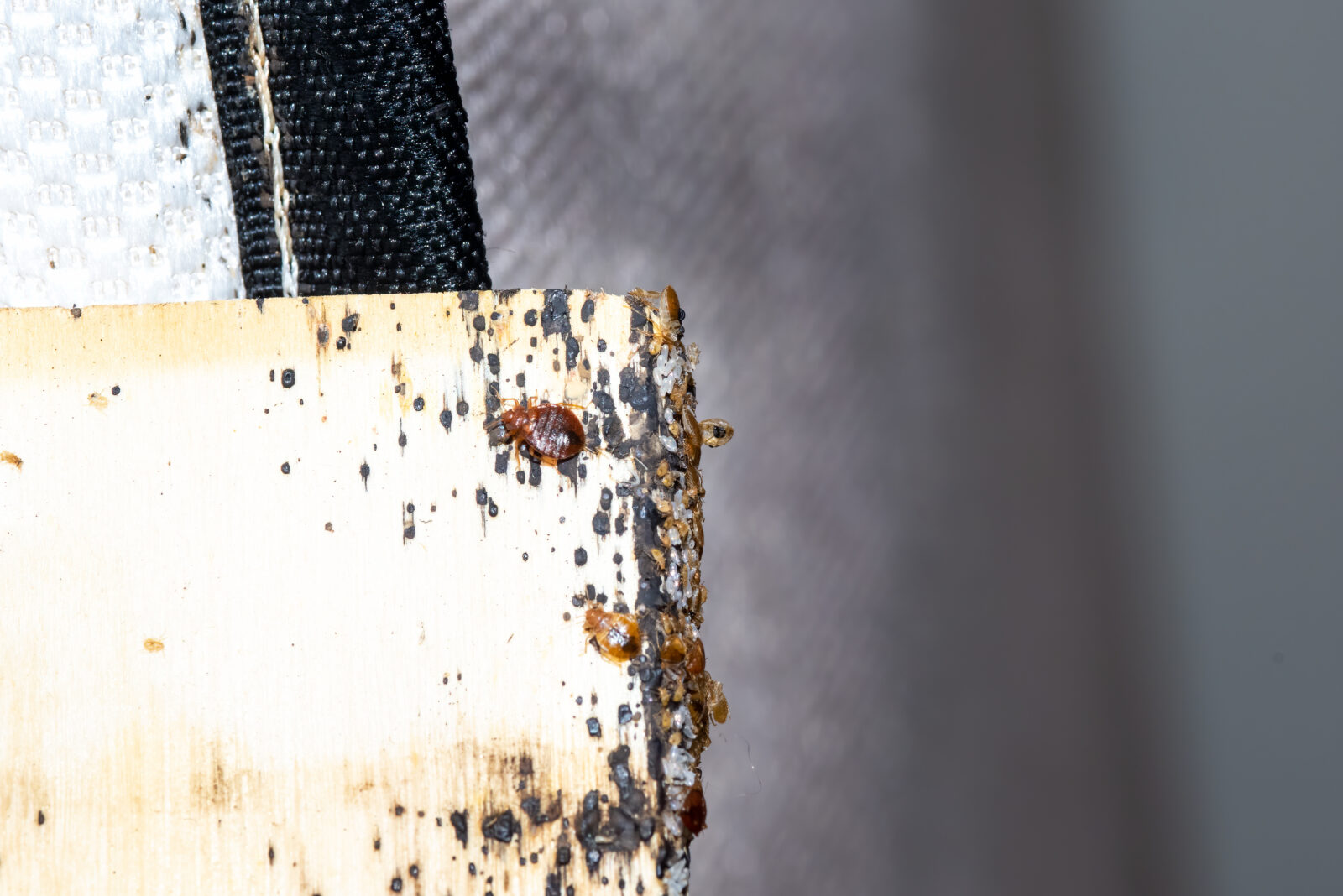
The challenges of preventing and addressing bedbug infestations are not unique to Turkish Airlines. Bedbugs are a recurring issue in the travel industry, affecting hotels, public transportation and high-traffic areas.
Rob Tuck, president of Jet Research, explained the complexities of removing bedbugs from aircraft. "Taking an aircraft out of service for treatment is a significant undertaking," he said.
The process often costs airlines between $75,000 and $125,000 and involves extensive logistical challenges. "The desire to have a good cabin experience comes from the top," Tuck added, stressing the importance of balancing operational demands with pest control measures.
Turkish Airlines has built a stellar reputation as a global leader in aviation, earning recognition for its service quality, sustainability efforts, and extensive network. While the recent bedbug allegations raise valid concerns, they should be viewed in the context of the airline's broader achievements and contributions to the industry.